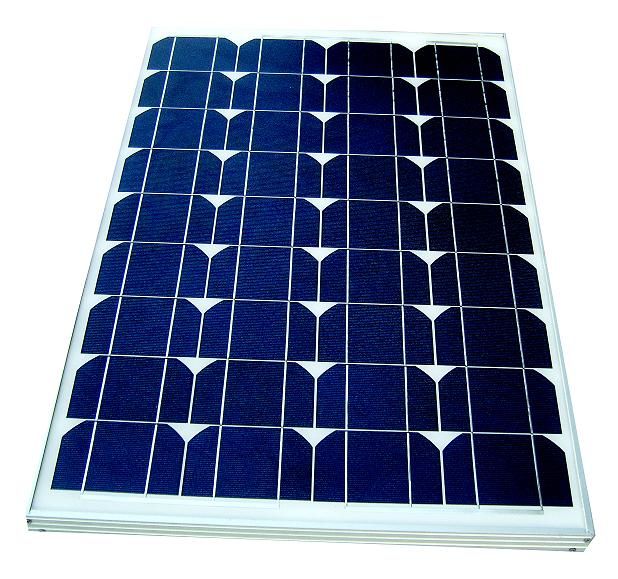How does a solar panel work?
Label:
solar panel
solar panel work
The sun produces a lot of energy every year, we call it solar energy. So how does the solar panel work?
Solar panel are made of silicon atoms. Think of atoms as bricks on a building-just like Lego's building blocks, but because the size of the atoms is small, you need special tools to see them. Solar cells come from a layer of silicon wafers, which are similar in size to dinner plates, but much thinner-only about three times thicker than ordinary hair. Turning the silicon crystal layer into a solar cell panel requires a special preparation process. The silicon crystal layer is heated to 1000 degrees Celsius, and then a metal sheet is placed on the back of the layer, while a layer of holes with holes is covered on the solar cell. Metal mesh and let this side rush towards the sun. When 60 solar panels are prepared, they will be fixed to a layer of glass to make a solar panel. Generally, the solar power system on the roof has 10-50 solar panels, while millions of solar panels are installed in rural solar power plants.
Each of the silicon atoms contains extremely small and lightweight electrons, which carry a weak charge. When sunlight falls on a solar panel, it hits one of the electrons and pulls them out of the electron orbit. These hit electrons can move freely, but the special construction of the battery allows the electrons to move only in one direction toward the sun. So when the sun falls on a solar cell, many electrons will leave their orbits and become free electrons. Because of the characteristics of the solar panel, the electrons can only move upwards, thereby generating a current that can drive household appliances. If the sunlight falling on the solar panel is stronger, more electrons will be impacted from their orbits, and the greater the current generated. If the weather is not clear, the number of impacted electrons will be reduced, and the current generated will be reduced by 75% or more. At night, solar panels do not generate any electricity, and the power supply at this time depends entirely on batteries or other sources of electricity.
